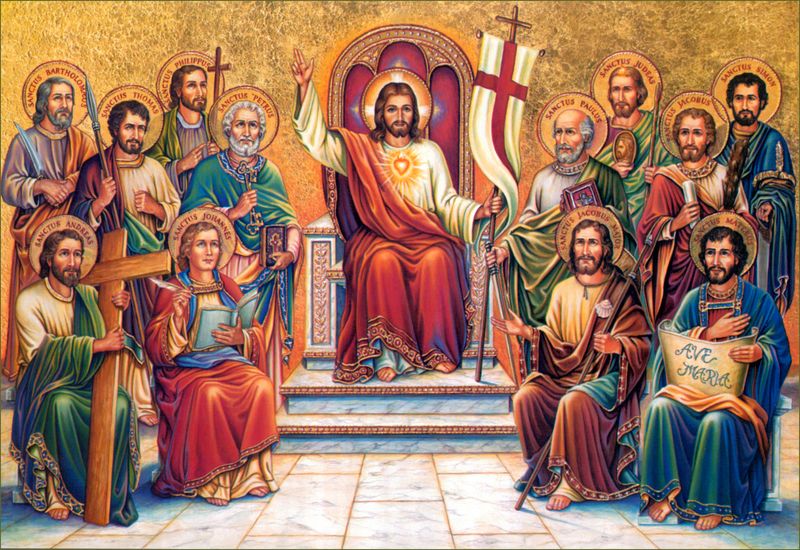
THEME: THE VINEYARD OF THE LORD
READINGS: Isaiah 5:1-7 / Ps. 80 / Philippians 4:6-9 / Matthew 21:33-43
27th Sunday in Ordinary Time
‘The vineyard of the Lord is the House of Israel’ (Response to the Psalm). So important is the vine to Israel that King David made it the subject of one of his hymns (Psalm 80, today’s responsorial psalm). Furthermore, it was so cherished such that the prophet Isaiah used the image of the vineyard to tell Israel a parable (the first reading: Is. 5:1-7). After him several prophets of old also used the image of the vine or the vineyard. For example:
- Jeremiah says: ‘Yet I planted you a choice vine’ (Jer. 2:21);
- Ezekiel 15 says Israel is like a vine (cf. Ezekiel 19:10); and
- Hosea says: ‘Israel is a luxuriant [rich] vine’ (Hosea 10:1).
And in the New Testament, beside today’s parable in Mt. 21:22-43, Jesus says: ‘I am the vine and you are the branches…’(John 15:1-7). Thus, so important was the vine to Israel that in the Temple, there was a great golden image of the vine.
While in today’s first reading, Isaiah presents Israel as the vineyard of the Lord that did not bear the good fruits that the Lord expected, in the gospel reading, Jesus’ focus is on the farmers (the religious leaders) of the vineyard of the Lord who did not take care of Israel to bear good fruits but rather killed the prophets and were about to kill him (the Son of the owner of the Vineyard).
LESSONS
Let’s pluck two main lessons:
- All Christians (the new Israel) are the new vineyard of the Lord.
- Christian leaders are the cultivators or hired farmers of the new vineyard of the Lord.
TO ALL CHRISTIANS
When a farmer invests so much in his land, he expects good harvest. Similarly, the Lord has invested so much in us (Christians) and so he expects good returns. Using the image of the vineyards in the first and gospel readings, let us briefly look at the investments the Lord has made in us:
- The fertile ground of the vineyard may be compared to the food the Lord provides for our physical nourishment;
- The choice grapes the Lord planted in the vineyard may signify the fact that as Christians we are the chosen or elect of the Lord;
- The rainfall could be likened to the showers of blessings or graces we receive;
- The hedges around the vineyard could signify God’s protection (from evil symbolized by the wild animals and thieves);
- The tower of the vineyard from which the farmers watch over the crops and in which they took refuge from wild animals could represent the cross, the symbol of our refuge and salvation; and
- The wine press in which the grapes are turned into wine could symbolize our opportunity for transformation.
WHAT THE LORD EXPECTS:
After the Lord has made such provisions for us, he expects good grapes (not sour grapes); these include:
- Faith in and love of the Lord as the only Living God;
- Obedience to His commandments;
- Being prayerful; and
- Participating in communal worship.
Furthermore, just as the grapes have to be crashed to produce wine, so God expects us to go through the crashing processes (difficulties and challenges) of life by which we are transformed into better Christians.
TO CHRISTIAN LEADERS
The Lord expects from Christian leaders accountability for the vineyard of Christians entrusted to them. This entails, among others:
- The proclamation of the Word;
- The administration of the sacraments;
- Directing individuals and the community as a whole along the right path, while warning those on the wrong path to return to the Lord; and
- Being models of good deeds and prayer.
CONCLUSION
Beloved, let us pray that God will always be pleased with the grapes we produce; and that every challenge or difficulty will transform us to the best wine that delights the Lord, amen!
By Very Rev. Fr. John Louis
